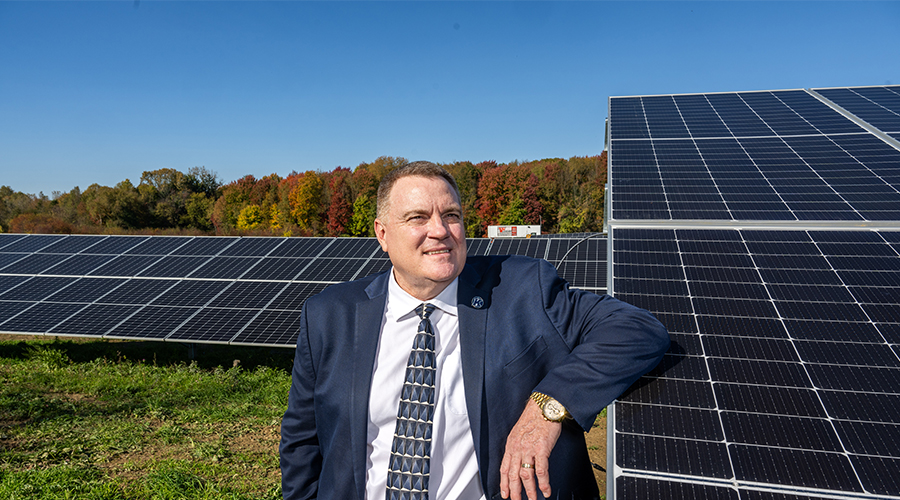ACEEE Predicts New Life For Energy Efficiency
The results of the Nov 7. election could increase the chances of new energy efficiency legislation in 2007, predicts the American Council for an Energy-Efficient Economy (ACEEE).
The results of the Nov 7. election could increase the chances of new energy efficiency legislation in 2007, predicts the American Council for an Energy-Efficient Economy (ACEEE).
Many of the newly elected Senators and Representatives ran on a platform that included expanded use of alternative energy and energy efficiency, says ACEEE. Although bipartisan work will be needed to pass legislation, the shift in Congress means that policies may be introduced that may not have been in the past, according to ACEEE.
"The new House leadership will advance energy policies that did not get airtime in the last Congress, and some of these have shown support in the Senate,” says Steven Nadel, ACEEE executive director. “We could therefore see progress on key energy efficiency issues that have not moved in the past."
ACEEE noted that many energy issues, such as energy efficiency, are not especially partisan, and while there are some differences in degree and approach between the parties, there is broad agreement that the country should increase use of cost-effective energy efficiency and renewable energy resources.
"We are cautiously optimistic that there are some important legislative provisions that a bipartisan majority can agree on," Nadel says.
Among the efficiency-related items that ACEEE believes could move forward next year are the following:
1. A "Renewable Energy Portfolio Standard" and an "Energy-Efficiency Resource Standard": Both are gradually growing targets that utilities must meet, with one focusing on renewable energy and the other on energy savings from utility-operated or utility-sanctioned programs. Renewable Portfolio Standards passed the Senate in 2003 and 2005 and Efficiency Standards has been introduced by several Representatives and Senators.
2. Extensions to energy efficiency tax incentives enacted in 2005: Most of these provisions expire at the end of 2007 and prospects for extension are good. These provisions include incentives for high-efficiency homes, commercial buildings, appliances, and heating and cooling equipment.
3. Oil savings targets: A bipartisan group of Senators and Representatives has drafted legislation establishing steadily growing oil targets, and directing the present and future administrations to develop and implement plans for meeting these targets, with regular reporting to Congress and revisions to plans if actual savings are not on track to meet the targets.
In addition to energy efficiency and renewable energy, ACEEE says that other energy issues that are likely to receive attention in the new Congress are steps to increase development of offshore natural gas resources, and additional encouragement for advanced coal-fired power plants that can capture and store carbon dioxide so they do not contribute to global warming.
Related Topics:











